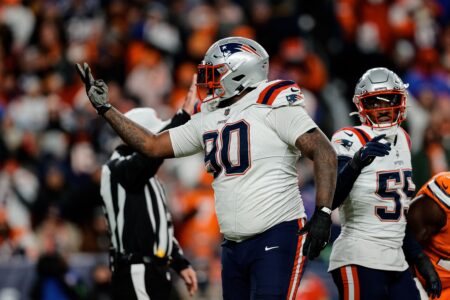Fair enough. I wasn't precise in my view. Precisely, I believe a rookie wage scale could have a small and temporary effect on top end wages. However, that possible effect will be so minimal as to be unimportant. Guaranteed player salary expenditures and optimal free agency rules is the sweet spot for the NFLPA. And as I indicated in my previous post, there are obvious comparisons to other professional sports to prove that the competitive bidding process will, ultimately, set player contract values extremely high.
Again, it's about franchise value and owners wanting to maximize it (by winning). The rookie wage scale is basically irrelevant. If team A, Team B and Team C don't pay rookies exorbitant amounts, you can bet your last dollar they will be putting that extra cash towards out bidding each other for the services of Brady, Manning, pass rusher X, wide receiver Y and shot down corner Z. Of course that is provided the salary cap has a spending minimum.
The rookie wage scale will be good for the game. The fewer big money contracts given to non performing players, the better the product will be. Players over performing then being highly rewarded for it is good for the game. While the rookie wage scale is far from a panacea, it is a good step in the right direction. And that doesn't even touch on the subject of fairness in regards to rookie salary versus veterans.

















